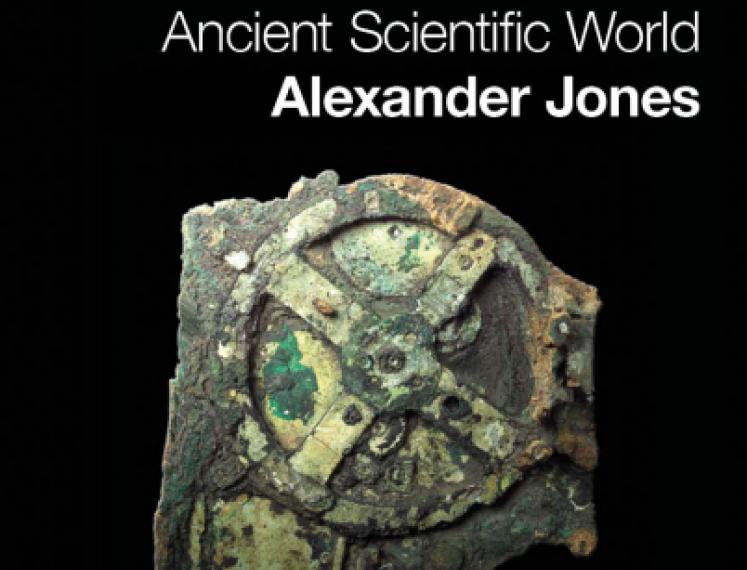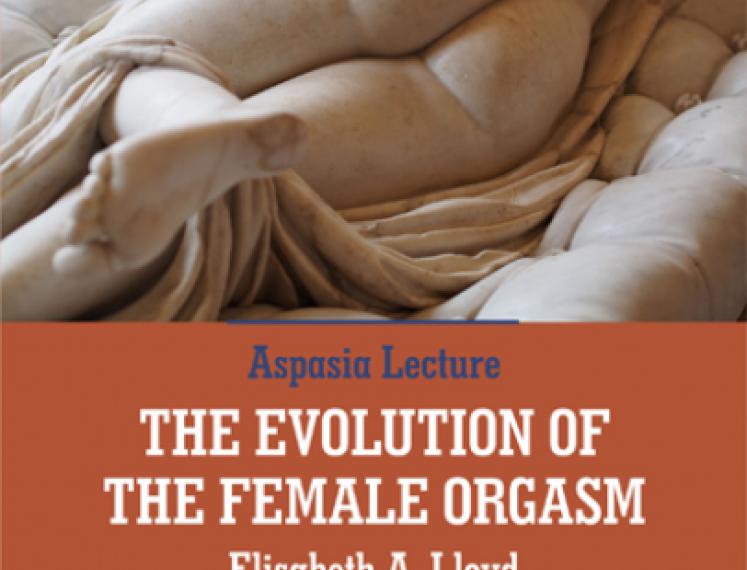
Academy Building
Broerstraat 5
Groningen
Nederland
The Antikythera Mechanism
Meet the first analogue computer: a scientific wonder of the first century B.C.
The Seven Wonders of the World were famous monuments and sculptures that any ancient Greek or Roman traveller would want to see. If we wanted instead to make a list of the greatest ancient scientific wonders, the Antikythera Mechanism would surely figure in it. This astonishing little machine, lost in a shipwreck two thousand years ago and rediscovered in 1901, simulated the movements of the sun, moon, and planets using a complex system of about fifty gearwheels. Though it seems to us almost like a modern invention – an analogue computer - miraculously transported in time back to the first century B.C., the Antikythera Mechanism was actually an expression of the best science and technology of its time that would have had profound resonances for an educated layman. Professor Alexander Jones, a foremost world expert on the history of ancient astronomy, will set the mechanism against several other productions of science from the ancient world that quintessentially displayed the power of human intellect to expose the cosmos and our place in it.
Alexander R. Jones is Professor of the History of the Exact Sciences in Antiquity at New York University. He studied Classics at the University of British Columbia and the history of the ancient mathematical sciences in the Department of the History of Mathematics at Brown University. Before coming to NYU, he was for sixteen years on the faculty of the Department of Classics and the Institute for the History and Philosophy of Science and Technology at the University of Toronto. His work centers on the history and transmission of the mathematical sciences, especially astronomy.
This lecture is organised in co-operation with the colloquium ‘The Star of Bethlehem: Historical and Astronomical Perspectives’ organized by the institutes of Astronomical and New Testament Studies of the University of Groningen.


